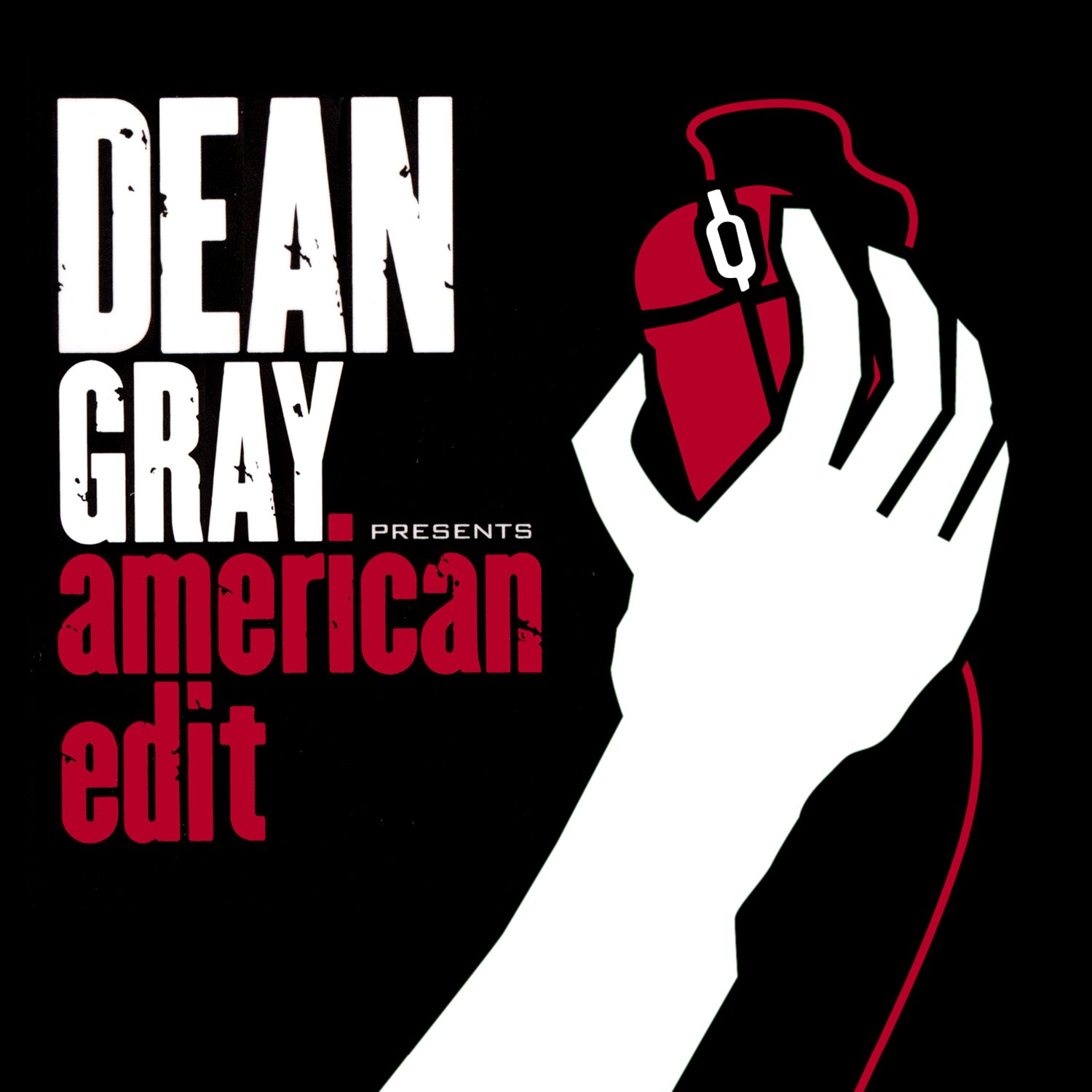There was quite a lot of noise surrounding the Wikipedia this past week, when two major stories broke, one concerning John Seigenthaler, Sr. (former assistant to Attorney General Robert Kennedy in the early 1960’s) and one concerning Adam Curry (one of the originators of podcasting).
In the case of Seigenthaler, he felt that his biographic entry was libelous, when it stated:
“John Seigenthaler Sr. was the assistant to Attorney General Robert Kennedy in the early 1960’s. For a brief time, he was thought to have been directly involved in the Kennedy assassinations of both John, and his brother, Bobby. Nothing was ever proven.”
While this is obviously a harsh statement, I would be interested to know how close this comes to the legal standards for libel. Most anyone even remotely associated with the Kennedy’s has been “rumored” to have been involved somehow with the assassinations. In his open letter, published in USA Today, he stated:
For four months, Wikipedia depicted me as a suspected assassin before Wales erased it from his website’s history Oct. 5.
I certainly do NOT read the wikipedia entry as painting him as a “suspected assassin.” But I suppose if the article had been about me, I’d have fallen prey to a bit of hyperbole as well.
In an article on C-net, there are hints that Wales might be up to something new with the Wikipedia.
Wales said the Seigenthaler article not only escaped the notice of this corps of watchdogs, but it also became a kind of needle in a haystack: The page remained unchanged for so long because it wasn’t linked to from any other Wikipedia articles, depriving it of traffic that might have led to closer scrutiny.
Also, Wales said, the entry was unusual in that it was posted by an anonymous user–most new articles are published by registered members, who are more likely to be held responsible for what they write.
Thus, to avoid future problems, Wales plans to bar anonymous users from creating new articles; only registered members will be able to do so. That change will go into effect Monday, he said, adding that anonymous users will still be able to edit existing entries.
That’s less of a problem, Wales suggested, because changes are frequently vetted by members who keep watch lists of articles they want to ensure remain accurate–perhaps even articles they’ve written themselves.
The change is one of the first that would specifically limit what anonymous users can do on Wikipedia. And some may see that as a significant step for a service that’s traditionally prided itself on letting anyone participate. But Wales said the move is not a major one because, as mentioned, most new articles are already written by registered Wikipedia members, and most anonymous users’ actions are edits to published entries.
So we’re moving away from anonymity, and towards…what? There is no vetting process for memberships at Wikipedia, and not even any fact-checking about who holds an account. It’s slightly better than anonymity, but not much.
The other blowup at wikipedia came when Adam Curry was discovered anonymously editing the entry on Podcasting to erase mention of other people’s involvement, and to boost his own contributions a bit. Again, from C-net:
Curry deleted references to work presented by Technorati principal engineer Kevin Marks at the 2003 BloggerCon at Harvard University. But from Curry’s perspective, conflict of interest had nothing to do with it; he simply believed the references were inaccurate.
So what does all this mean? I think that Dave Winer said it best on his blog:
Every fact in there must be considered partisan, written by someone with a confict of interest. Further, we need to determine what authority means in the age of Internet scholarship.
We do, indeed, need to determine what authority means in the age of Internet Scholarship. And as I’ve said again, and again, and again…it doesn’t mean anything. Authority, as a whole, is a very poor, lazy, sloppy way of determining the value of information. I need to get off my ass and get this paper on authority/coherence of information sources done.


